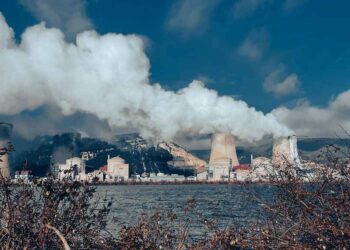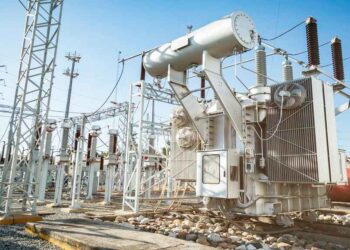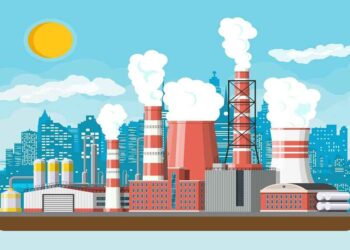It has been brought to light that Southeast Asia will at a minimum need $200 billion worth of investment in the energy sector by the end of this decade in order to speed up the clean energy shift, as per the International Energy Agency.
In accordance with this, the IEA noted that more than three-quarters of the entire amount has been earmarked when it comes to clean energy. IEA further added that investment momentum, however, when it comes to renewables has been a bit inconsistent with not so sufficient policy signals to help the growth of robust project pipelines.
With just three years left in order to reach the interim renewable target, which envisions the renewables to account for 35% of the total power capabilities by 2025, speeding-up investments in the renewable power and also enabling infrastructure like the scaling-up of electricity networks as well as battery storage looks to be very critical.
The IEA has also gone on to add that the emerging as well as developing economies will have to move towards private capital so as to fund the renewable energy and thereby deviate from public finance, on which the economies have often been reliant in the past. It is well to note that an estimated 60% of the clean energy funding comes from public financing.
Private capital will have to account for 60% of the investments, which still happens to be lower than the levels of almost 90% that are mostly found across advanced economies. The IEA noted that this is partially due to the enhanced role of EMDE state-owned utilities, which happen to be investors in the electricity grids.
So as to facilitate the transition, the financing and regulatory framework ought to be enhanced to lessen the cost, barriers, and risks when it comes to developing clean energy projects across ASEAN as well as EMDE regions. In one of the energy reports that was published in March 2023, the IEA as well as Imperial College London reported that the yearly average energy investments across the region were $70 billion between 2016 and 2020. Out of this, clean energy only comprises less than $30 billion per year.
Significantly, the average annual capital expense of $10 billion went towards solar and wind energy throughout the past five years. Apparently, this happens to be the lowest globally. Beside this, almost half of the private funding for power across Southeast Asia was made in fossil fuel generation.
All said and done, the clean energy investments follow a trend that’s worrying, as for every dollar that has been invested in renewables in Southeast Asia, there was another dollar that was spent on unabated fossil fuels.







































